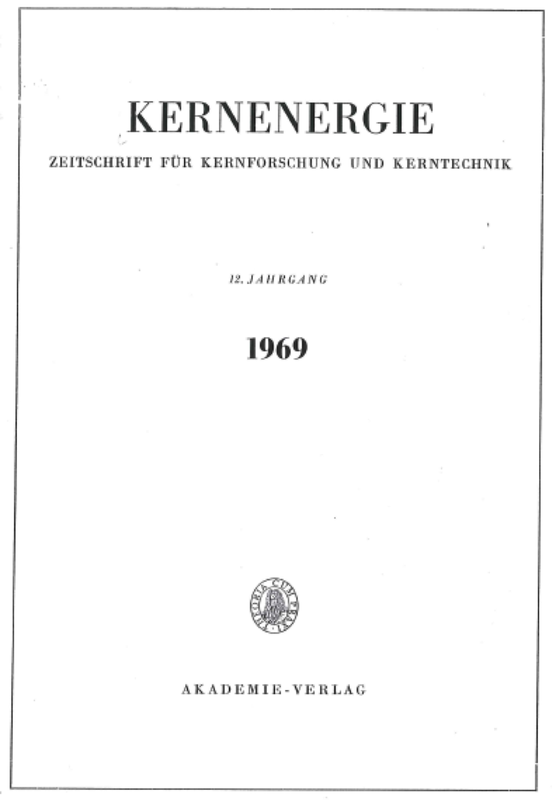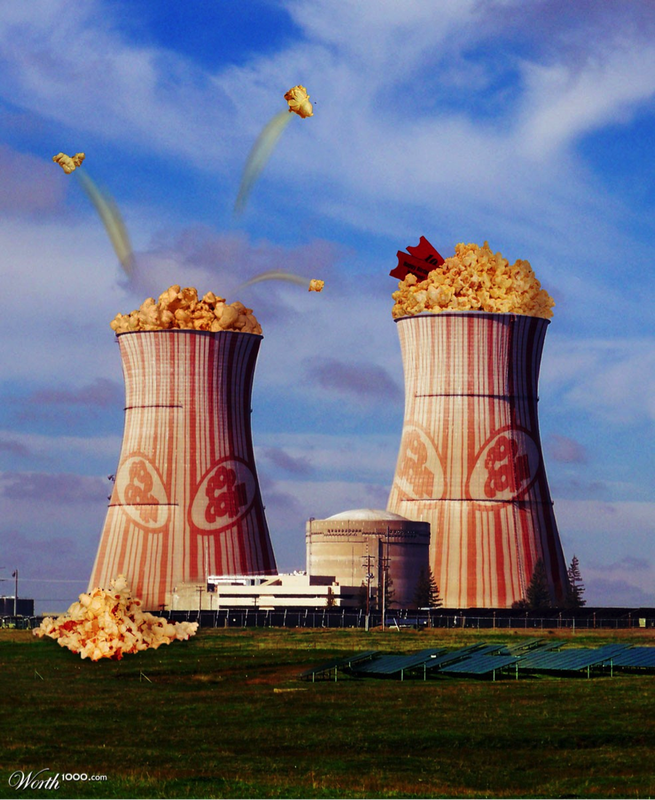While researching an obscure topic related to my doctoral thesis, I happened upon multiple references to a 1969 paper in Kernenergie - an academic journal published in the Deutsche Demokratische Republik (DDR), or East Germany.
Typically, this is every academic’s nightmare – an obscure paper published behind the Iron Curtain a quarter century before the internet in a country that no longer exists. Fortunately, I had an inroad. I emailed a German relative who lives in Weimar and manages IT at the University of Jena. He walked into the library basement and scanned me a copy!
Not only was the paper valuable for my research, but it also made me think; Kernenergie. English, or Anglo-Saxon, is a Germanic language. Kern is the root of kernel, as in a kernel of corn. So in German, “nuclear” is “kernel”.
Nuclear energy has a perception problem, and a large swath of that problem stems from the word nuclear – its place in our history, its media hype, and its resulting connotation. The word has been poisoned. So what if we simply chose a more benign (but equally suitable) word? How would that one superficial alteration – a mere word – change public perception of “kernel technology”?
Instead of imagining bombs and mushroom clouds, people would think of popcorn. If it sounds like something we put it in our mouths, it can’t be that bad. How much more would the public approve of new “kernel plants”?
Of course, there would inevitably be drawbacks. “Kernel engineering” wouldn’t be nearly so sexy. The “danger” would be gone. We nuclear engineers would lose some of our debonair, James-Bond-like charm - the hallmark of our profession. Nevertheless, even the most prolific “nuclear rakes” would be compelled to sacrifice some of their charisma for the betterment of mankind through clean, sustainable energy.



 RSS Feed
RSS Feed

